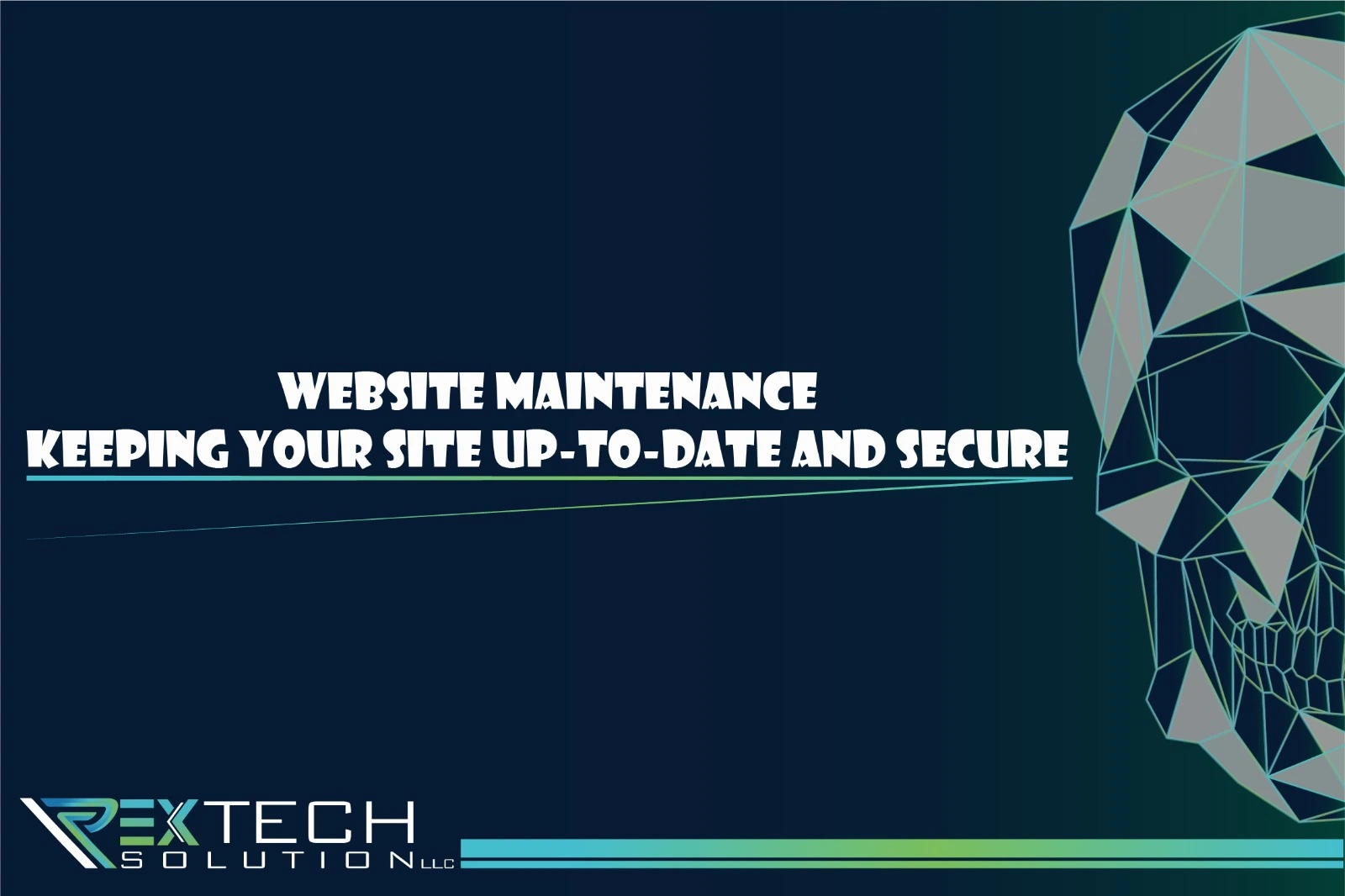A strong online presence is essential for businesses to succeed in the modern digital era. Your brand’s online persona is represented by a well-thought-out and useful website that draws in visitors and offers useful information. But having a website alone is insufficient. Maintaining an updated, secure, and performance-optimized website requires regular maintenance. In this article, we will delve into the importance of website maintenance and provide important ideas on how to keep your site working smoothly.
Why Website Maintenance Matters
A lot of the time, potential clients contact your business through your website. A badly kept website can drive away customers, harming the reputation of your business and costing you important leads and revenue. The following are some significant arguments for why website upkeep is essential:
1. Security
Hackers are continuously searching for new vulnerabilities to attack, and cyber threats are always changing. An outdated website increases the danger of security breaches, which could jeopardize your company’s operations and the privacy of your clients’ personal data. Frequent upkeep, such as security audits and software updates, aids in patching holes and shields your website from malevolent attempts.
2. Performance
A website that loads slowly may irritate users and increase their likelihood of leaving. Fast-loading websites are also given preference by search engines like Google, so a website with bad performance may find it difficult to rank well in search results. You can guarantee a fluid user experience and raise search engine exposure while simultaneously increasing customer happiness by routinely enhancing the performance of your website.
3. User Experience
The success of your website is mostly dependent on the user experience. A website that has been well-maintained is visually beautiful, easy to use, and error-free. You can give visitors a satisfying and interesting experience that entices them to explore further and become customers by routinely updating content, repairing broken links, and optimizing for mobile devices.
4. Search Engine Optimization (SEO)
Websites that are updated frequently with new, pertinent information are given preference by search engines. You may increase the amount of organic traffic to your website and boost its visibility in search engine results pages (SERPs) by regularly adding fresh content, optimizing meta tags, and making structural improvements to your website. Regular maintenance also makes it easier to find and address SEO problems like crawl errors, broken redirects, and duplicate content.
Effective Website Maintenance Strategies
Now that we know how important it is to maintain your website, let’s look at some practical methods for keeping it safe and current:
1. Regular Software Updates
To fix security flaws, enhance functionality, and add new features, content management systems (CMS) like WordPress, Joomla, and Drupal periodically release updates. To maintain your website current and safe, make sure to install these updates as soon as possible.
2. Backups
In the event of data loss or security breaches, it is imperative that you regularly backup your website. To make sure that the data on your website is secure and simple to restore in the case of an emergency, select a dependable backup solution and set up automated backups.
3. Security Audits
To find and fix possible vulnerabilities in the code, plugins, and server configurations of your website, do frequent security audits. To provide an additional line of defense against online attacks, take into consideration deploying web application firewalls (WAF) and security plugins.
4. Content Updates
Publish new blog entries, product pages, and other informative stuff frequently to keep your website’s content current and useful. This increases user interaction and tells search engines that your website is authoritative and busy.
5. Performance Optimization
Reduce load times for your website by optimizing images, enabling browser caching, and minifying CSS and JavaScript files. Make the required improvements and find areas for improvement by using tools like as GTmetrix and Google PageSpeed Insights.
6. Mobile Compatibility
Make sure your website is totally responsive and mobile-friendly because more and more people are using mobile devices to access the internet. In order to guarantee a consistent user experience across all platforms, test your website on various gadgets and screen sizes.
Suggested Read: Website Design Trends That Are Here to Stay
Conclusion
Maintaining a website is essential to operating a profitable internet business. You can increase security, boost performance, and give users a better experience by maintaining an updated and secure website. It is imperative to undertake routine maintenance chores, such as software updates, security audits, and content updates, to guarantee your website’s competitiveness in the contemporary digital environment. By implementing effective tactics, you can maintain the functionality of your website and draw in additional clients for your company.
In the digital age, website maintenance is not just a best practice; it’s a necessity for businesses looking to thrive online. By prioritizing regular updates, security enhancements, and performance optimization, businesses like RexTech Solution can ensure your websites remain up-to-date, secure, and user-friendly, ultimately driving growth and success in today’s competitive marketplace. Remember, maintaining your website isn’t just about preserving its functionality—it’s about safeguarding your digital presence and reputation.

